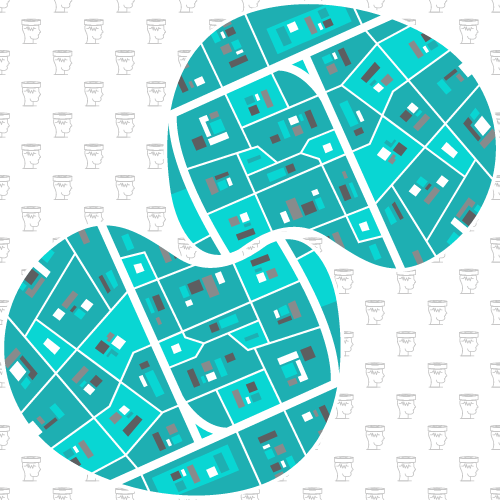Egocentric and allocentric frames of reference: electrophysiological correlates in the cognitive map and changes in pathological ageing

Summary
The thesis explores in depth the electrophysiological foundations of the cognitive map, focusing on the egocentric (linking self to object) and allocentric (linking one object to another) referential frameworks. Continuous electroencephalography (EEG) is used to detect nuances in the functioning of the cognitive map. Participants are given specific tasks on a computer to assess this map in the two frameworks mentioned above. The aim is twofold: to enrich our understanding of spatial cognition in healthy individuals and, at the same time, to explore the challenges faced by people suffering from spatial disorientation as a result of brain damage or dementia.
The research takes on an added dimension when viewed in conjunction with neurocognitive disorders, in particular Alzheimer's disease. It has been observed that these patients can present marked deficits in visuo-spatial tests, often before the onset of more conventional memory disorders. A revealing symptom is their propensity to get lost, reflecting topographical disorientation. The nature of this disorientation implies a disturbance of the cognitive map, which is a mental construction of space, shaped by the memorisation of landmarks and the use of egocentric and allocentric referential systems.
The current literature is divided on when and how these referential systems are affected during pathological ageing. Some suggest that the allocentric frame is affected early, during the MCI (Mild Cognitive Impairment) stage, while others suggest that the egocentric frame is altered at later stages of Alzheimer's disease. The aim of this thesis is to fill these gaps by conducting a comprehensive study of the development of these spatial deficits, from their appearance in minor neurocognitive disorders to their progression in the major stages.
Team
Founding
UNIGE doctoral thesis fund.
Program
PhD in Psychology - Programme doctoral romand en Psychologie (PdrP ; CUSO)
Selected Scientific Outputs





